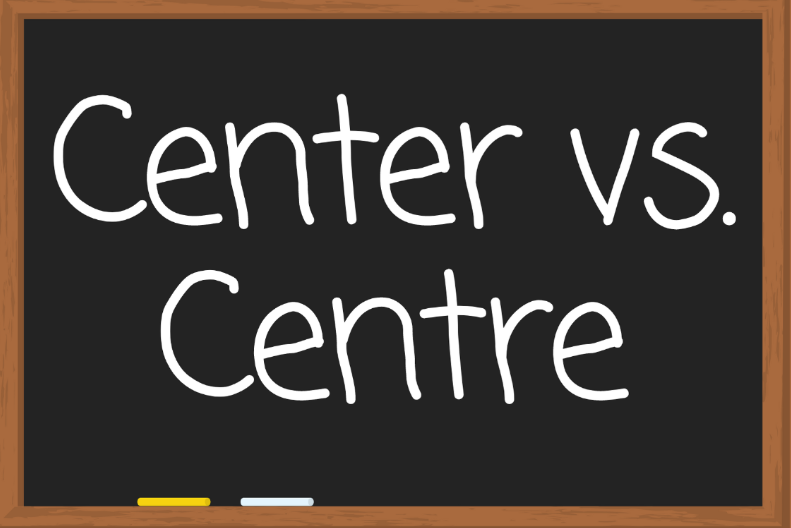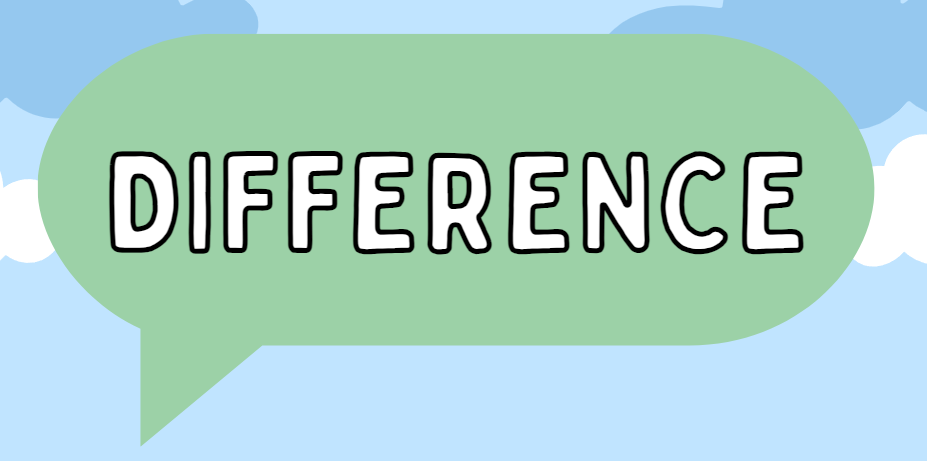Mastering Language Choices : Center and Centre Unveiled
Contents

Language is a powerful tool that allows us to communicate our thoughts, ideas, and emotions. As English learners, it's important for us to not only expand our vocabulary but also master the nuances of language choices. One such confusion that often arises is the usage of "center" and "centre."
Have you ever wondered why some people spell it as "center" while others prefer "centre"? This small difference in spelling can lead to confusion and uncertainty. But fear not! We are here to help unravel the mystery behind these two variations.
Correct language usage is vital in written and spoken English. Imagine reading an article or listening to a speaker who constantly uses incorrect grammar or misspells words—it can be distracting and diminish your confidence in their credibility. On the other hand, when someone communicates with precision and clarity, it leaves a lasting impression, making you more likely to trust their knowledge and expertise.
By understanding the meanings and usage of these words, you can confidently express yourself in both written and spoken forms. So let's dive deeper into the world of center vs centre together and enhance our language skills step by step.
What do 'Center' and 'Centre' Mean?
The two words may look similar, but they have slight variations in meaning depending on which version of English you are using. In British UK English, both "center" and "centre" refer to a central point or location. Let's explore the center vs centre meanings and usage in more detail.
In terms of their definition, both "center" and "centre" can be used as nouns, adjectives, and verbs. They generally refer to a place or position that is at the middle or heart of something.
For example, you might say, "The shopping center is located in the centre of town," or "The hotel has a fitness center with state-of-the-art equipment." Both words can also be used to describe an action that involves bringing things together or focusing on a particular point.
To illustrate their usage as nouns, adjectives, and verbs, let's take a closer look:
1. Nouns:
Center: The specific place that serves as the focus or central point. For example: The community center is where people gather for various activities.
Centre: The same meaning as "center," but spelled in British UK English. For instance: The shopping centre has a wide variety of stores.
2. Adjectives:
Centered: Having a balanced or centered position. Example sentence: She took a deep breath to stay centered during the yoga class.
Centred: The British UK English spelling for "centered." Usage example: Her artwork was well-balanced and centred on the canvas.
3. Verbs:
To center: The act of placing something in the middle or focusing attention on it. Example sentence: The teacher asked us to center our thoughts before starting the meditation exercise.
To centre: The equivalent action as "to center," but spelled in British UK English. For instance: He carefully centred the vase on the table.
As you can see, both "center" and "centre" have similar meanings and can be used interchangeably, depending on whether you are using American or British UK English. They both refer to a central point or location that holds significance within a certain context.
Now that you understand the meaning of these words, you can confidently use them in your conversations and writing. Remember to pay attention to which version of English you are using and practice incorporating them appropriately.
Stay tuned for our next section, where we will delve into the differences between American and British UK English spellings as far as "center" or "centre" are concerned.

Is There a Difference Between 'Center' and 'Centre'?
When it comes to spelling, the English language can be quite tricky. One common dilemma that English learners often face is whether to use "center" or "centre". Let's delve into this issue and uncover the differences between the two spellings.
In different English-speaking regions, spelling preferences can vary significantly. To make it easier for you, here's a table summarizing the preferred spellings in the United States, United Kingdom, and India:
Region | Preferred Spelling |
United States | center |
United Kingdom | centre |
India | centre |
As we can see, "center" is the preferred spelling in American English, while "centre" is predominantly used in British UK English and Indian English. This regional variation in spelling often confuses learners, but understanding these nuances will help you communicate effectively across different contexts.
Let's take a look at some examples showcasing these regional variations:
1. In American English:
The shopping center is bustling with activity.
Please meet me at the conference center.
2. In British UK English:
She frequents the town centre for her grocery shopping.
The hotel has a beautiful garden at its centre.
3. In Indian English:
The Cultural Centre hosts various events throughout the year.
The city centre is known for its vibrant nightlife.
By familiarizing yourself with these regional spelling preferences, you'll be able to choose the appropriate spelling based on your audience or context. Remember, mastering such language choices will contribute to your overall fluency and confidence in English communication.
Which Spelling Should You Use?
Now that you understand the difference between "center" and "centre," you may be wondering which one to use in your writing. Here are some guidelines to help you make the right choice:
Consider your audience:
If you are writing for an international audience or following British UK English norms, it is generally recommended to use "centre." This spelling is commonly used in British English and in many other countries that follow British conventions. Using "centre" will ensure consistency and familiarity for readers who are accustomed to this spelling.
Follow prescribed style guides:
In certain contexts, such as academic writing or official documents, it's important to adhere to prescribed style guides or organizational preferences. Some institutions may have specific guidelines regarding spelling choices, so it's crucial to consult these resources before making a decision. For example, if you are writing a research paper for a university that follows British English conventions, you should use the spelling "centre" as per their guidelines.
It'll be beneficial for you to check The Chicago Manual of Style or The Oxford University Style Guide depending on your audience and region.
Use online tools for assistance:
If you are still unsure about which spelling to use, there are online tools available that can help you check for correct spellings and provide guidance on language choices. Tools like Grammarly can detect inconsistencies in your writing and suggest alternative spellings based on the context. Utilizing such resources can help you ensure accuracy in your language usage.
By considering your audience, consulting appropriate style guides, and using online tools, you can confidently choose between "center" and "centre" based on the specific requirements of your writing task.
Embrace Correct Language Usage
Now that you have learned about the differences between "center" and "centre," it's time to put your knowledge into practice and embrace correct language usage. Here's a recap of the key points from the article:
"Center" is the American spelling, while "centre" is the British spelling. Both words have the same meaning, referring to a place or location that is the focal point or middle point of something. It's important to be consistent in your spelling choice, especially in formal writing or when communicating with British English speakers. Familiarize yourself with other commonly misspelt words in American and British English to avoid making mistakes.
To continue practising your English skills and further enhance your language proficiency, explore platforms like Clapingo.
Clapingo offers a wide range of resources and interactive exercises tailored specifically for Indian learners. Through their user-friendly interface, you can access various modules on grammar, vocabulary, pronunciation, and more. Additionally, Clapingo offers live sessions with experienced tutors who can guide you through spoken English practice sessions and elocution training.
By utilizing platforms like Clapingo, you can practice everyday English conversations or even prepare for IELTS from the comfort of your home!
FAQs
1. Is it "center" or "centre" in India?
In India, both spellings "center" and "centre" are used interchangeably. However, it's important to note that "centre" is the preferred spelling according to British UK English conventions, which are followed in India.
2. What is the meaning of "center" and "centre"?
The words "center" and "centre" have the same meaning - the middle point of something or a place where activities revolve around. Whether you write "center" or "centre", it refers to the same concept.
3. When did "centre" become "center"?
The shift from using the spelling "centre" to "center" occurred during the 19th century in America as part of Noah Webster's efforts to standardise American English spellings. This change was not adopted universally, with British UK English continuing to use the spelling "centre".
4. Is it acceptable to use both spellings interchangeably?
Yes, it is acceptable to use both spellings interchangeably depending on your context and audience. If you're writing for an Indian audience or following British UK English conventions, using "centre" would be more appropriate. However, if you're targeting an American audience or following American English conventions, using "center" would be preferred.
Comments
Your comment has been submitted